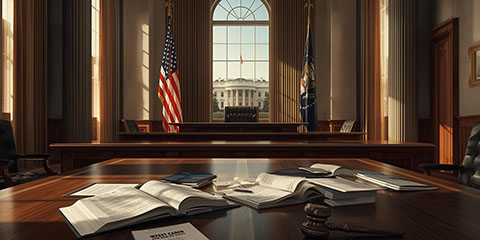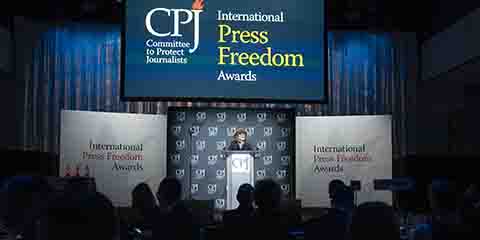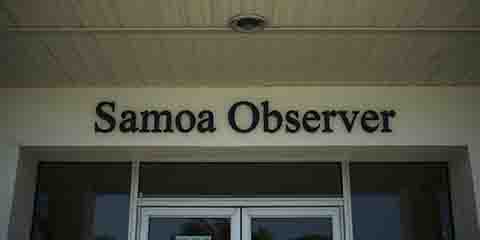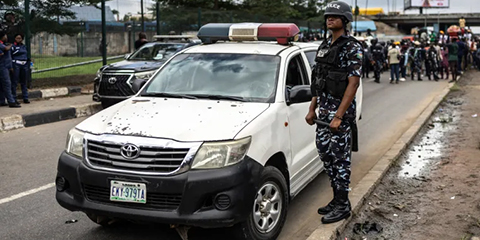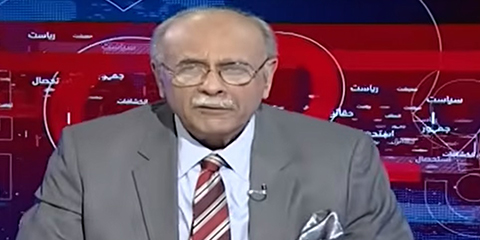Australian teens seek High Court block on under-16 social media ban
JournalismPakistan.com | Published 1 hour ago | JP Global Monitoring Desk
Join our WhatsApp channel
Two 15-year-old Australians have launched a constitutional challenge asking the High Court to block the imminent under-16 social media ban. If accepted, it could reshape how social media platforms engage with young users and how news reaches youth.Summary
SYDNEY — The Australian government’s unprecedented law banning social media access for children under 16 is facing a legal challenge. Two 15-year-olds, along with a campaign group, have filed a constitutional challenge in the High Court just weeks before the law takes effect. Platforms such as Facebook, Instagram, TikTok, Snapchat, X, and YouTube are among those covered. The challengers, supported by the group Digital Freedom Project, say the ban infringes on young Australians’ implied constitutional right to political communication and digital participation. The law, passed in November 2024 and set to begin December 10, 2025, requires social-media companies to take “reasonable steps” to prevent under-16s from holding accounts. Non-compliant platforms could face penalties up to 49.5 million AUD.
Challenge grounds and youth response
The plaintiffs argue that the ban applies indiscriminately and will silence the voices of thousands of young people involved in political discussion, creative expression, or news commentary online. They say a blanket age threshold is overly broad and fails to recognise the maturity or context of individual users. The lawsuit warns that many teens will be forced underground, resorting to fake profiles or less regulated platforms to stay connected.
Government goals and platform obligations
The law was framed as a measure to protect the mental health and well-being of children, aiming to shield minors from potential harms like cyberbullying, addictive screen time, or harmful content. Under the law, companies must demonstrate they have taken reasonable steps to block under-16s before the compliance deadline. The government has declined to mandate any single age-verification technology, giving platforms flexibility in their approach.
Broader implications for media and youth engagement
If the court accepts the challenge, the law could be overturned or reshaped, forcing platforms and regulators to adopt more nuanced protections rather than outright bans. That could preserve young people’s access to social platforms as forums for political discussion and news dissemination. If upheld, platforms and publishers may need new strategies to reach younger audiences, and newsrooms might see reduced youth engagement online.
KEY POINTS:
- Two 15-year-olds plus a campaign group have filed a constitutional challenge to the under-16 social media ban
- Law set to take effect on December 10, 2025, requiring platforms to block under-16 accounts or face fines up to 49.5 million AUD
- Platforms affected include Facebook, Instagram, TikTok, Snapchat, X, and YouTube, among others
- Plaintiffs argue the ban violates implied constitutional right to political communication and youth participation online
- The law was justified by the government on the grounds of child safety and mental health, but critics warn it may drive minors to unregulated services
- The outcome could affect how young people access news, express political views, and engage on social media
ATTRIBUTION: Reporting based on Reuters, ABC News, and publicly available government and media sources.




